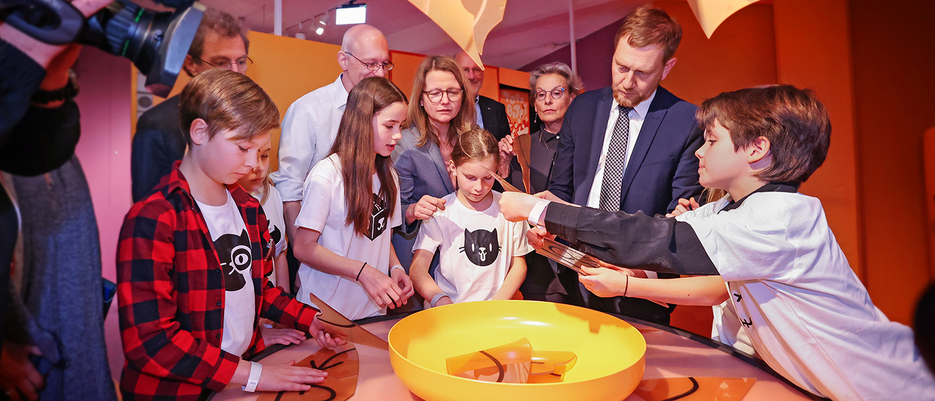This National Science Week, Australia’s national science agency, CSIRO, has revealed how a secret recipe to get Black Soldier Flies in the mood could help tackle our local food waste crisis.
Working with Canberra-based start-up Goterra , CSIRO’s farming experts have been testing lighting, temperature, moisture, surface texture and diet in a bid to find the perfect combination of conditions that will encourage flies to mate.
By boosting egg-laying, Goterra will be able to breed more insects to eat through food waste and turn it into compost – reducing landfill, emissions from transporting food to landfill, and enriching soil with nutrient-rich fertiliser.
This is just one of a number of CSIRO projects designed to kick-start the growth of a new Australian industry that will use insects to tackle challenges like food waste and create a more sustainable source of protein for human consumption.
Farming insects sustainably requires less land and water, while still maintaining a high protein production.
Working alongside the University of Adelaide, CSIRO is now expanding its partnership with Goterra to investigate which native Australian insects are the best nutritional choices for human consumption.
CSIRO’s Australian National Insect Collection will help identify native species of insects that are potential candidates for the edible insect industry in Australia, and work with local Aboriginal communities to understand traditions around witjuti grubs, bogong moths and green tree ants, which are known for their zesty citrus-tasting abdomens.
Later this month, CSIRO will host an international symposium on edible insects, and begin work on an industry roadmap to identify unique Australian opportunities to grow a local insect industry.
CSIRO Chief Executive Dr Larry Marshall said solving our national challenges of food security and environmental sustainability called for precisely the kind of innovative science and technology we celebrate during National Science Week.
“CSIRO has been at the forefront of agricultural and food innovation in Australia for over a century, so it’s fitting that today we’re using that expertise to grow a new local industry using native Australian resources like insects,” he said.
“Growing a new industry is a complex, multidisciplinary challenge, but with CSIRO’s expertise spanning farming, insects, nutrition, economic and environmental forecasting, and collaboration with industry, government and universities, we have a strong track record for turning excellent science into real-world solutions.”
While working with CSIRO, Goterra CEO Olympia Yarger had the Australian soldier fly Hermetia olympiae named after her, and said working with an organisation as diverse as CSIRO meant her business could develop in multiple directions.
“We were inspired to start the business out of passion for insects and a belief in harnessing them to work for us, whether that’s as a source of food with edible insects, or to process food waste using larvae,” Ms Yarger said.
“Our solution is focused on technology to create opportunities to use insects as a biological service. We’re building the technology to breed the insects and transport them to wherever there is a need, creating a mobile and versatile alternative to everything from sources of protein to landfill.”
Goterra accessed CSIRO expertise with funding from the CSIRO Kick-Start Program, which matches start-ups and small/medium businesses with research and development activities. CSIRO’s partnership with the University of Adelaide is part of CSIRO’s Industry PhD program, which offers science PhD students experience working on real industry challenges.
Media call
Media are invited to attend Canberra-based insect start-up Goterra at 10am on Wednesday 14 August to hear from:
- Goterra CEO Olympia Yarger on the Goterra business model
- CSIRO insect behaviour expert Dr Cate Paull on the sex lives of flies
- CSIRO entomologist Dr Bryan Lessard on the future of edible insects
- CSIRO conservation scientist Dr Rocio Ponce Reyes on the sustainability credentials of the insect industry
Details
- Goterra is located off Geelong Street, Fyshwick.
- From Canberra Avenue turn into Geelong St.
- About 200m along, just after McNally’s Furniture, turn right down the laneway past The Oyster Haven on the left.
- Take a right into the double gates and Goterra is the first green shed.
- There is limited parking at Goterra. Parking in Geelong Street will be a better option.
- Please wear fully enclosed shoes, no high heels.







